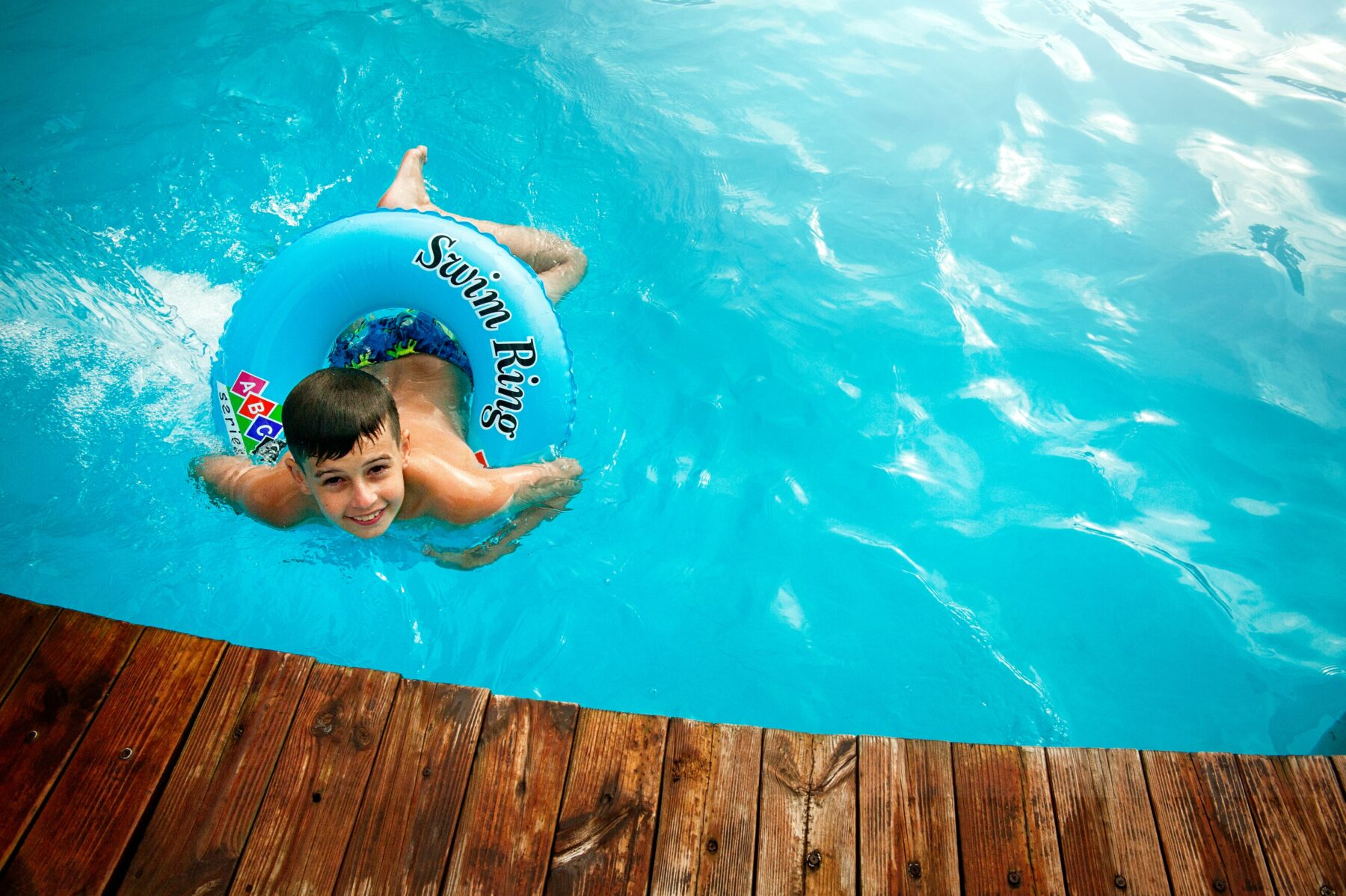Navigating Sports With Emotionally Sensitive Kids

When our goal becomes “to tough up” our kids, we may unknowingly be negatively affecting their self-esteem.
For sensitive children, understanding their self-esteem, self-control and temperament can be a huge factor in the sports we encourage them toward. No matter how much we may have liked competitive or high-pressure sports when we were younger, we don’t want to set up a child, who’s already struggling, to fail. Rather, we should encourage our kids to engage in activities that help them build self-esteem and tolerance for stress in emotionally safe ways.

That said, here are five great sports options for sensitive children that support their emotional well-being.
- Swimming: This is a fantastic sport for sensitive kids because it can be done independently or with a small group, and there’s no pressure to compete. The child doesn’t have to be on the swim team competitively to benefit from the sport.
- Golf: This is another individual sport that’s perfect for sensitive kids. It requires focus, concentration and patience, but there’s no physical contact or external pressure to perform at a high level. Golf courses also offer a peaceful, natural setting that may be calming for sensitive children.
- Yoga: This is a great way for kids to improve flexibility, balance and focus, and it can be done at any pace. Yoga can also be a great way for kids to learn mindfulness and relaxation techniques that can help them manage their emotions and reduce stress. It also generally offers less constructive criticism from teachers than other sports.
- Horseback riding: This is among the best sports for sensitive kids because it involves a close relationship with a gentle animal. It can be a great way for kids to build confidence and feel a sense of accomplishment.
- Tennis: This is a low-impact sport that can be played individually or with a partner, and it can be a great way for kids to improve hand-eye coordination and boost self-esteem. Tennis is a great way for kids to get some exercise while having fun.
Things to Consider When Choosing a Sport
Beyond looking at the sports and young athletes’ temperament, there are other questions to consider. For instance:

- How are the child’s social skills and emotional regulation skills as they relate to the sport you’re considering? Will kids learn how to collaborate, or will the competition be too much?
- Is the sport you’ve chosen appealing to the child, or do they prefer other forms of physical activity, such as dancing, martial arts, cross-country running or inline skating — even if those activities are unfamiliar to you? Even playing at the playground can count! Not all activities need to be “sports activities.”
- Does the child prefer to learn at his/her own pace, or are they OK with formal instruction and a bit of pressure?
- Does the child want to develop leadership skills, or are they more of a group contributor or solo player?
- Are you and your child looking for an opportunity for family bonding, or would your child prefer youth sports with people outside the family?
Another thing to consider is how many sports/activities to involve your child in. It can be tempting for young athletes, who have a natural aptitude for a specific activity, to specialize early. However, specializing at a young age has major drawbacks for mental health, including the risk of overuse injuries, psychological stress and burnout. Sensitive kids, especially, don’t need more risks, so it’s best to focus on exposure and diversity.
As for playing multiple youth sports, again, it depends on the children involved. If they love sports, it can be healthy to explore a range to see which they like better. If your child agrees, it’s perfectly fine to sign them up for multiple sports.
However, if your child is easily frustrated, sensitive or reluctant to do sports, cast a larger net. See if they like the arts, dance, theater, academic clubs or other activities that may not be sports-related.
The Bottom Line
Overall, the key is to find a sport that allows your child to have fun and feel a sense of accomplishment without overwhelming them. If you learn the sport is too far outside the child’s comfort zone, remember parenting isn’t about that specific sport but rather the child learning to know and trust themselves.
Children are more likely to try physical activities again if they feel emotionally supported without being forced. Whatever they choose, kids must feel emotionally safe for any sport to be a “win.”
About the Author
Sarah R. Moore is the author of Peaceful Discipline: Story Teaching, Brain Science & Better Behavior and founder of Dandelion Seeds Positive Parenting. As a master trainer in conscious parenting, she’s also a public speaker, armchair neuroscientist and most importantly, a mama. You can follow her on Instagram, Facebook, YouTube and Twitter.






